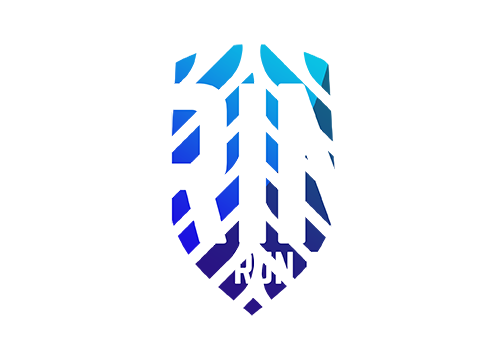4 Tips for Managing Burnout
Photos by Kristen Michaud, Lead The Way Photography
“It’s better to burn out, than it is to fade away,” so says Neil Young, but that was before COVID. 2020 has been a physical and mental test of our endurance. Few or no races, limited socializing, carefully managed group runs. We are all likely pretty burned out, and not in a good way! To be burned out can mean different things to various runners, but regardless of their level of activity, runners often realize they’re burned out when it’s too late. When an easy run turns into the hardest workout of the week, or when you feel mentally and physically drained. When your mood is unpredictable, you’re hungry constantly, and exhaustion sets in. Mental fatigue is a real contributor to physical burnout as well. The world has been in a constant state of turmoil for nearly a year now, and if you’re not feeling the strain then I’ll need the number of your therapist! But in all seriousness, it’s important that we take stock of the issues facing us in our day-to-day lives and acknowledge how it’s translating to our running.
 Rest, recover and nourish
Rest, recover and nourish
Resting and recuperating from burnout is more than just taking a day or two off from training, it can mean taking time to focus on other things. Spend more time with family (if possible), take a break from the daily monotony and learn a new skill. Spend a weekend morning relaxing indoors – instead of a 4 a.m. long run start. Often overlooked, but important, focus on nutrition and eating food that satisfies and nourishes. Have fun with winter flavors and foods. Take vitamins. How we perceive our food (nutrition, or the enemy?) has an impact on our mental, and therefore, physical health. It’s impossible to feel good if we are constantly monitoring our food intake in a critical fashion.
Focus on community
So much of what’s happened this year is out of our control, and as we head into a busy holiday season, it’ll be even more difficult to not dwell on what we’re missing. For many, it’s losing time with friends and family. This is all the more reason to take stock of what you can control and consider focusing on those in your immediate community. While many in-person volunteer opportunities are unavailable due to COVID-19, don’t be afraid to seek out alternatives. Look for remote volunteer opportunities, donate a holiday dinner to a local family, or participate in a canned goods drive. Whatever it may be, focus on what you can do, instead of what you can’t.
Stop “shoulding” on yourself aka limit comparisons
We are all at home much more than we have been used to being, and there’s more down time, and therefore screen time, than ever. For so many of us this morphs into a vicious game of comparisons. Comparing ourselves to other runners, other amateur cooks, artists, crafty Pinterest gurus, and on and on. Feeling badly about what we “should” be accomplishing, and aren’t. It’s easy to lose sight of the fact that our friends would never judge us as harshly as we judge ourselves. And, when we aren’t seeing our friends in person, and having meaningful conversations, we forget they are struggling too – no matter how rosy the Instagram story may appear. It’s critical to keep checking in on, and checking, the negative self talk, and curb the urge to “should” on ourselves.
Do something (anything) different
You’ve likely spent spring, summer and fall outside running roads and trails – and while safe access to gyms and other forms of cross-training is limited – it’s still pretty easy to incorporate different forms of movement into your daily regime. Look for a local gym who might be holding donation-based classes online, or invest in a few resistance bands to work out the muscle kinks and focus on targeted strength. Challenge yourself to try a different workout each week for the duration of the winter, or challenge your friends to a yoga streak. Whatever it may be, simply switching up your routine can do wonders for managing your burnout.
It’s important to remember that you’re only as good a runner as your mental (and therefore physical) state allows you to be. Exhaustion in one area will only lead to fatigue, irritability, possible injury, and more in others. It’s important to remember to not push yourself – working out and running should enhance your life and bring joy – not punishment. Spend less time staring at screens – you know the drill. The sum of all these things – little by little – can help you overall feel mentally clearer and physically healthier. Don’t forget that exercise is only a small part of a balanced lifestyle. Stay safe and stay healthy!

